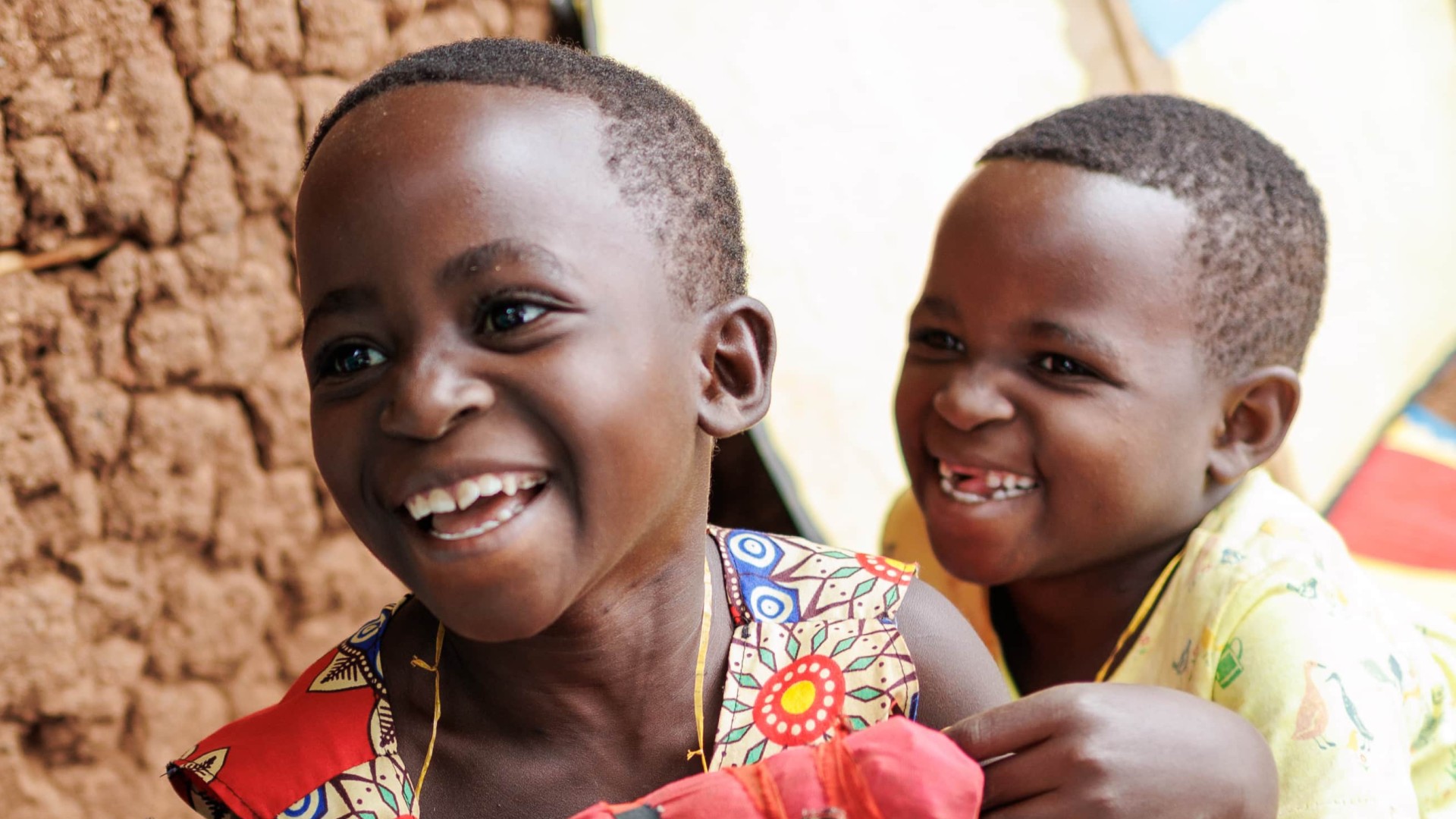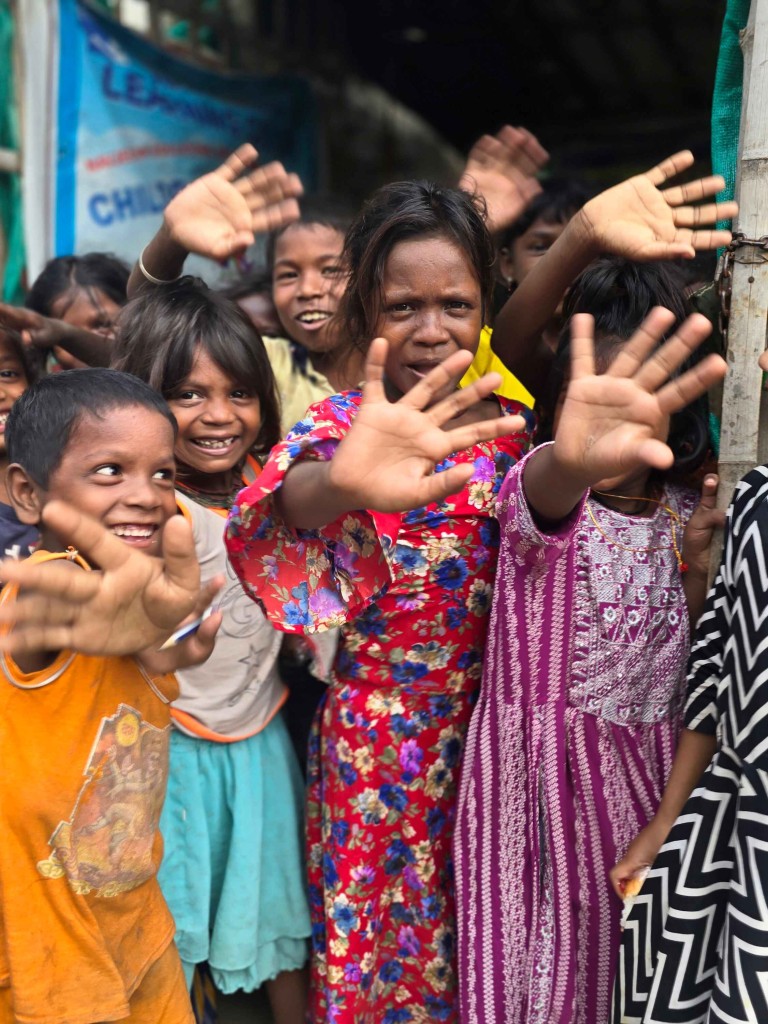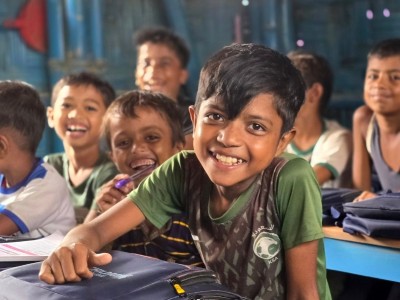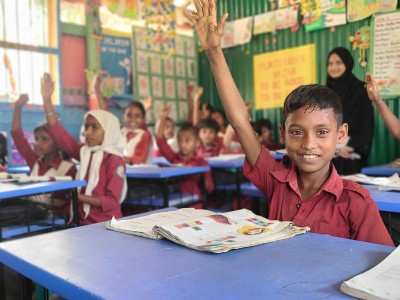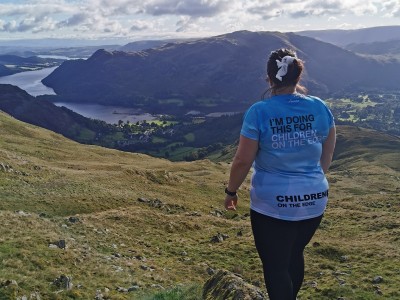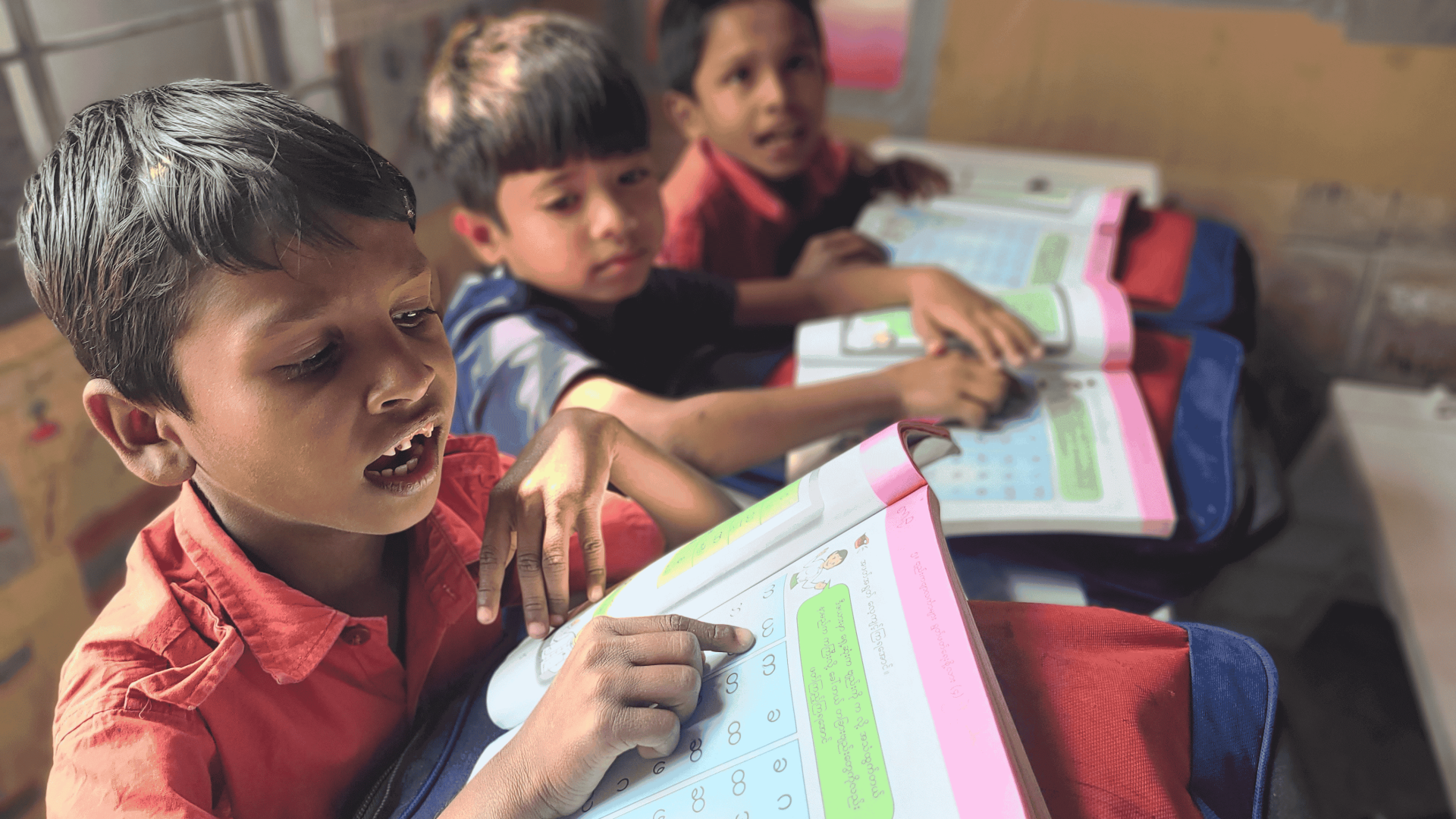
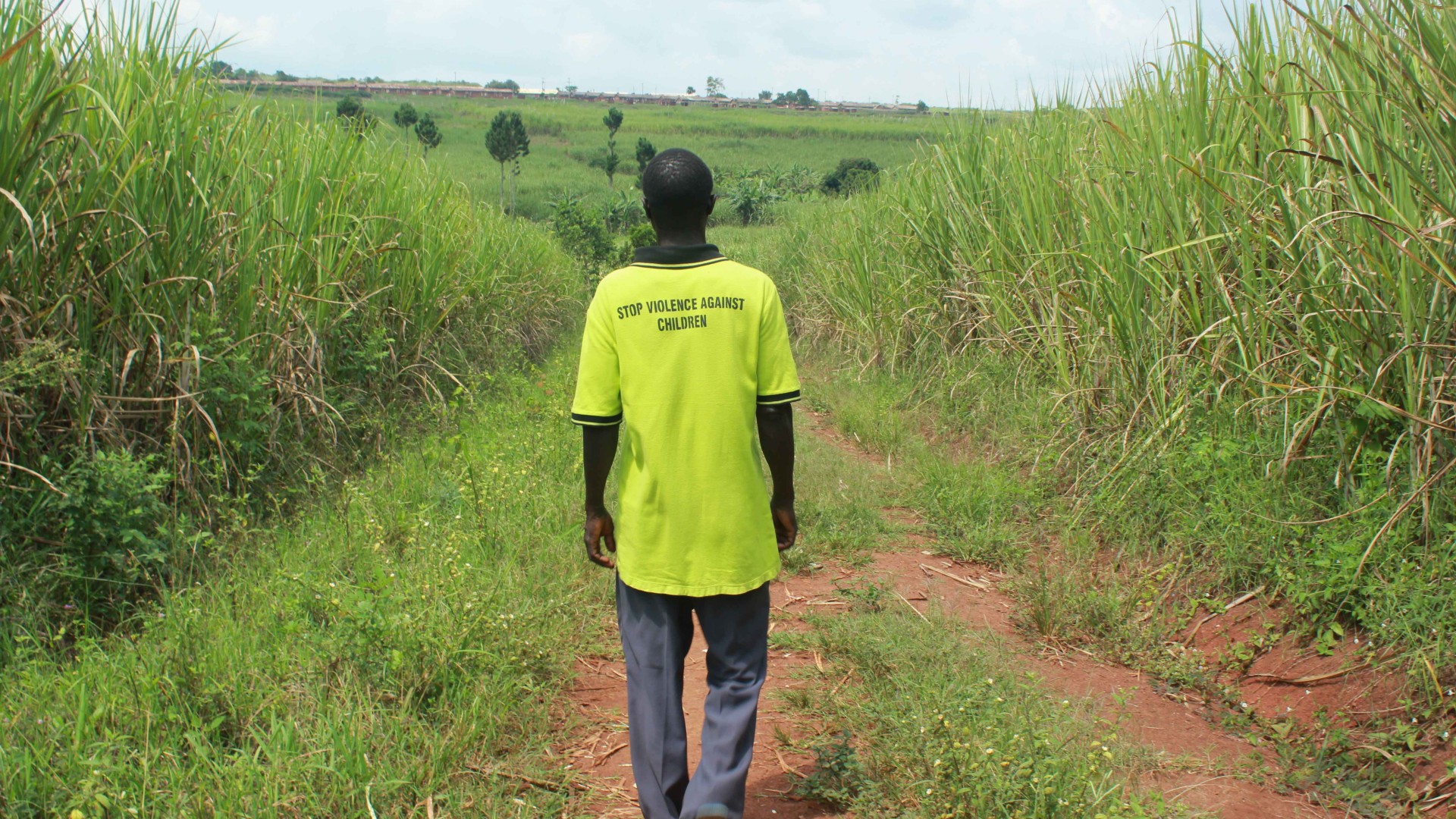
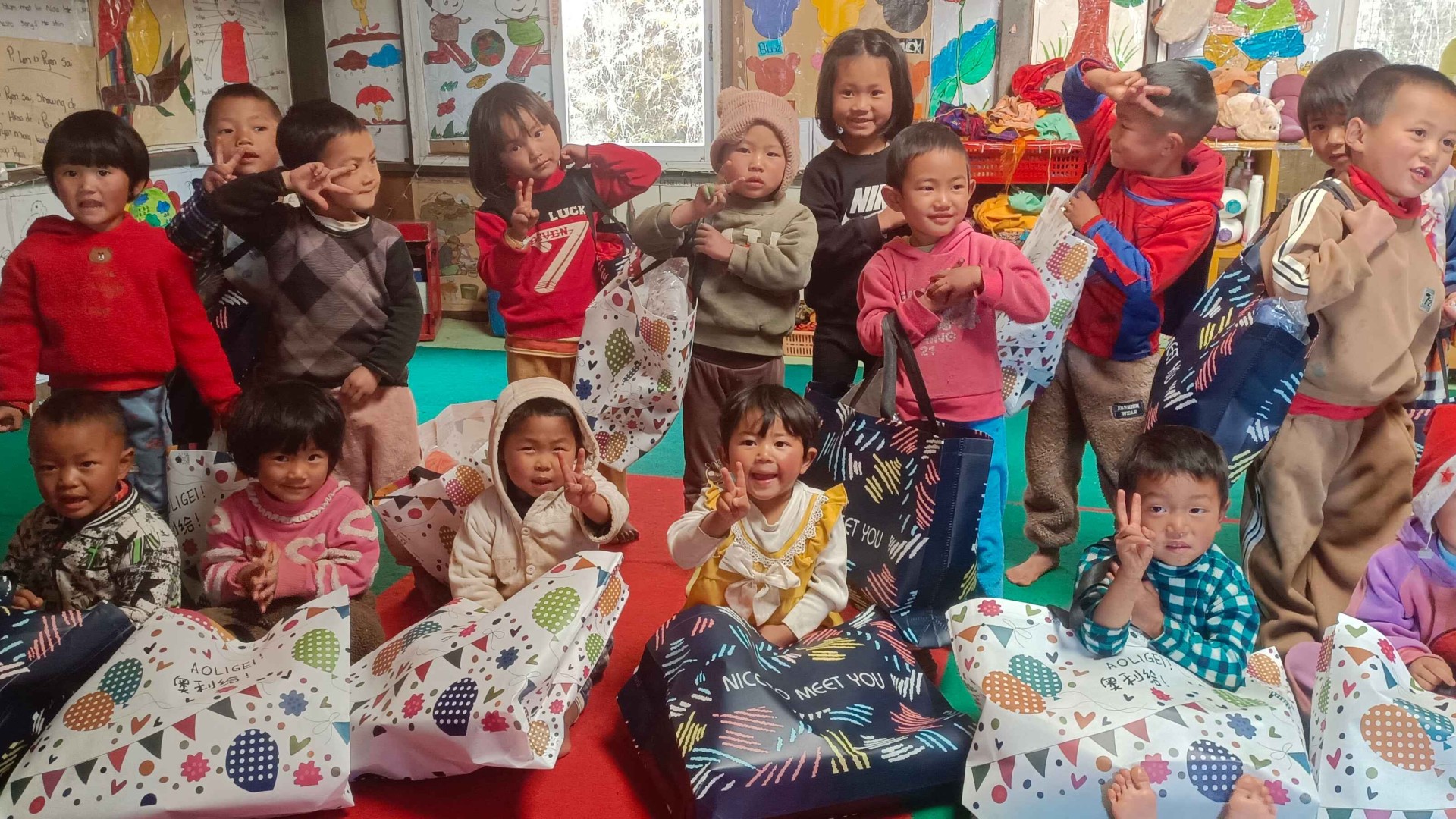
EMERGENCY RESPONSE
OUR IMPACT
15,500
730
10,000
You Can Make a Difference
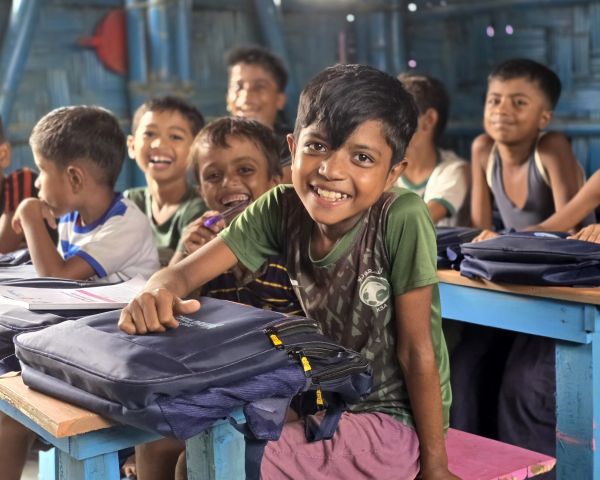
£10
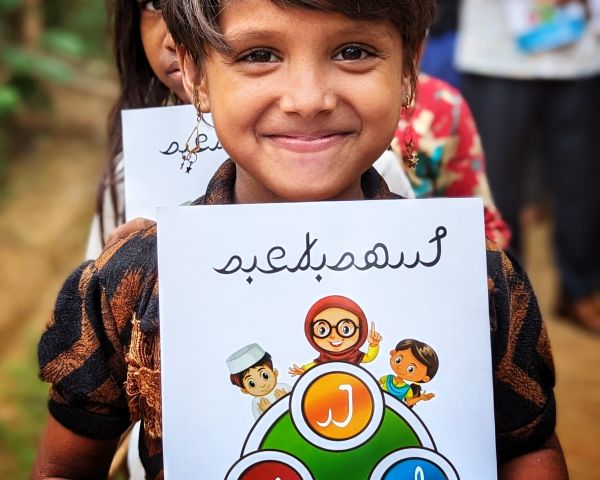
£50
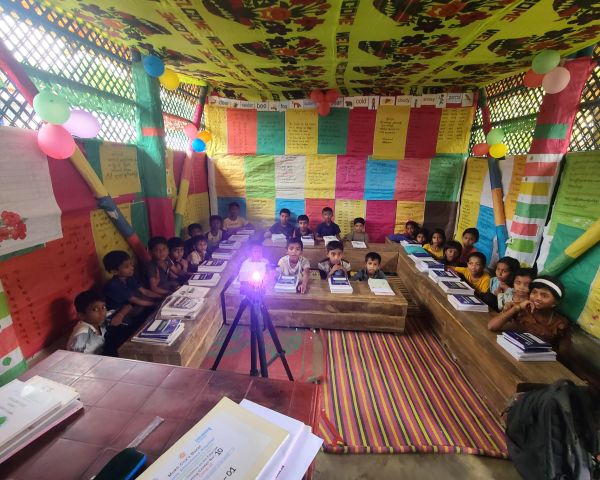
£125
For every £1 we spend
How your donations help support our work
87p
goes directly to support our programmes
87p
goes directly to support our programmes
13p
helps to cover our fundraising & office costs in the UK
